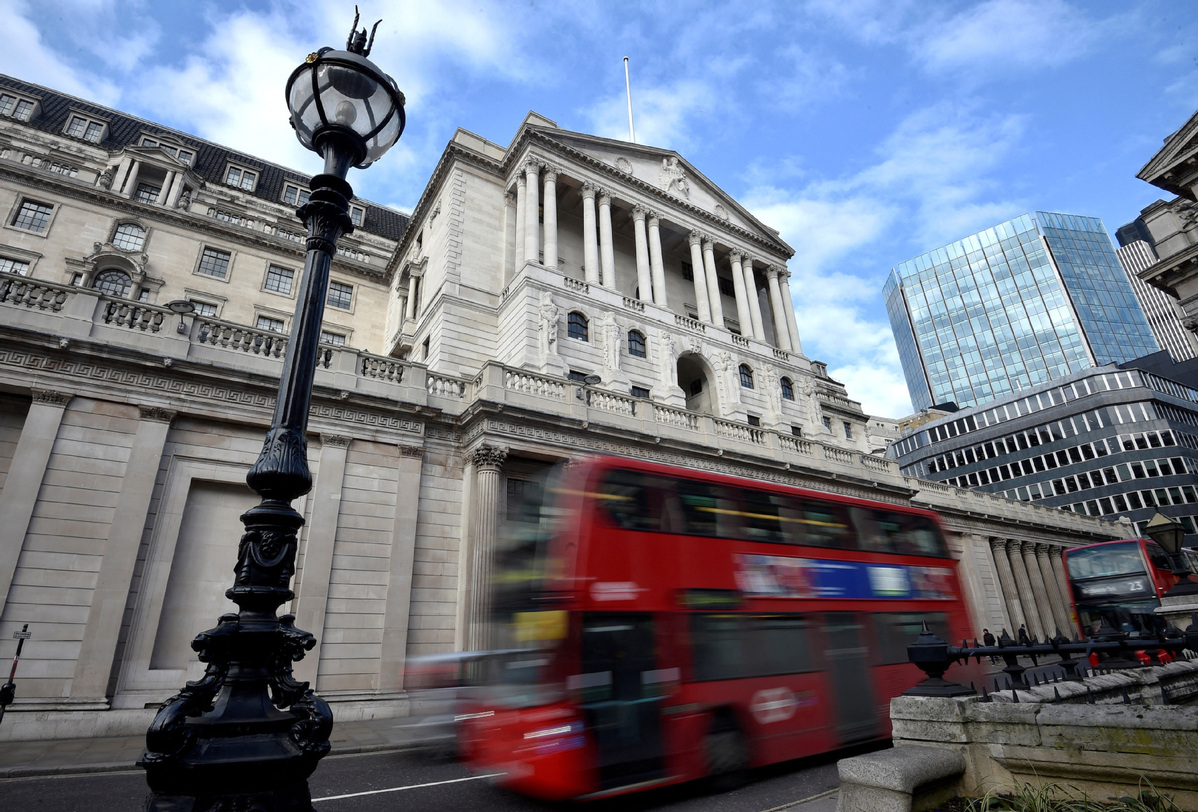Surprise as UK inflation rate falls by more than expected


Better than expected inflation figures in the United Kingdom have led to suggestions that interest rates could start to come down earlier than planned, after central bank the Bank of England, or BoE, made 14 consecutive monthly rises from the end of 2021 until this year.
Newly-published data from the Office for National Statistics, or ONS, shows that inflation is now at 3.9 percent, still almost double the BoE's target of 2 percent, but its lowest annual rate in more than two years.
It had been widely expected that the figure may fall from October's 4.6 percent to 4.4 percent, so the larger than anticipated reduction is good news for consumers and also for the government, although Chancellor of the Exchequer Jeremy Hunt was not complacent about the work yet to be done, particularly with a general election likely in the next 12 months.
"Alongside the business tax cuts announced in the autumn statement, this means we are back on the path to healthy, sustainable growth," he said. "But many families are still struggling with high prices, so we will continue to prioritize measures that help with cost of living pressures."
The ONS's chief economist, Grant Fitzner, told the BBC that the figures were "good news for a change", which "would be encouraging" to institutions such as the BoE.
The UK rate is now level with the rate in France, but above that of the European Union, which is at 3.1 percent, and the United States, at 2.1 percent, which is why the encouraging downward trend may not result in interest rate cuts straight away.
The BoE's governor, Andrew Bailey, has previously said there will be no cuts until the 2 percent target is reached, but there is speculation that there may now be a reduction as soon as May.
Richard Carter, head of fixed interest research at wealth management company Quilter Cheviot, said there had been a "sense of cautious optimism" around the issue for some time, which could make the BoE's life a little bit easier.
"The Bank of England now certainly faces a less daunting task in steering inflation back to its 2 percent target next year, without necessitating a deep recession," he told Forbes business magazine. "This further decline in the pace at which prices are rising offers a glimmer of relief for households grappling with rising living costs."
James McManus, chief investment officer at Nutmeg investment group, noted that although energy prices had fallen significantly from where they were a year ago, "food prices, which have slowed according to today's data, are still 9 percent higher than a year ago. So, food inflation, perhaps one we all feel most acutely in our weekly shops or eating out bills, still needs to come down dramatically".

































